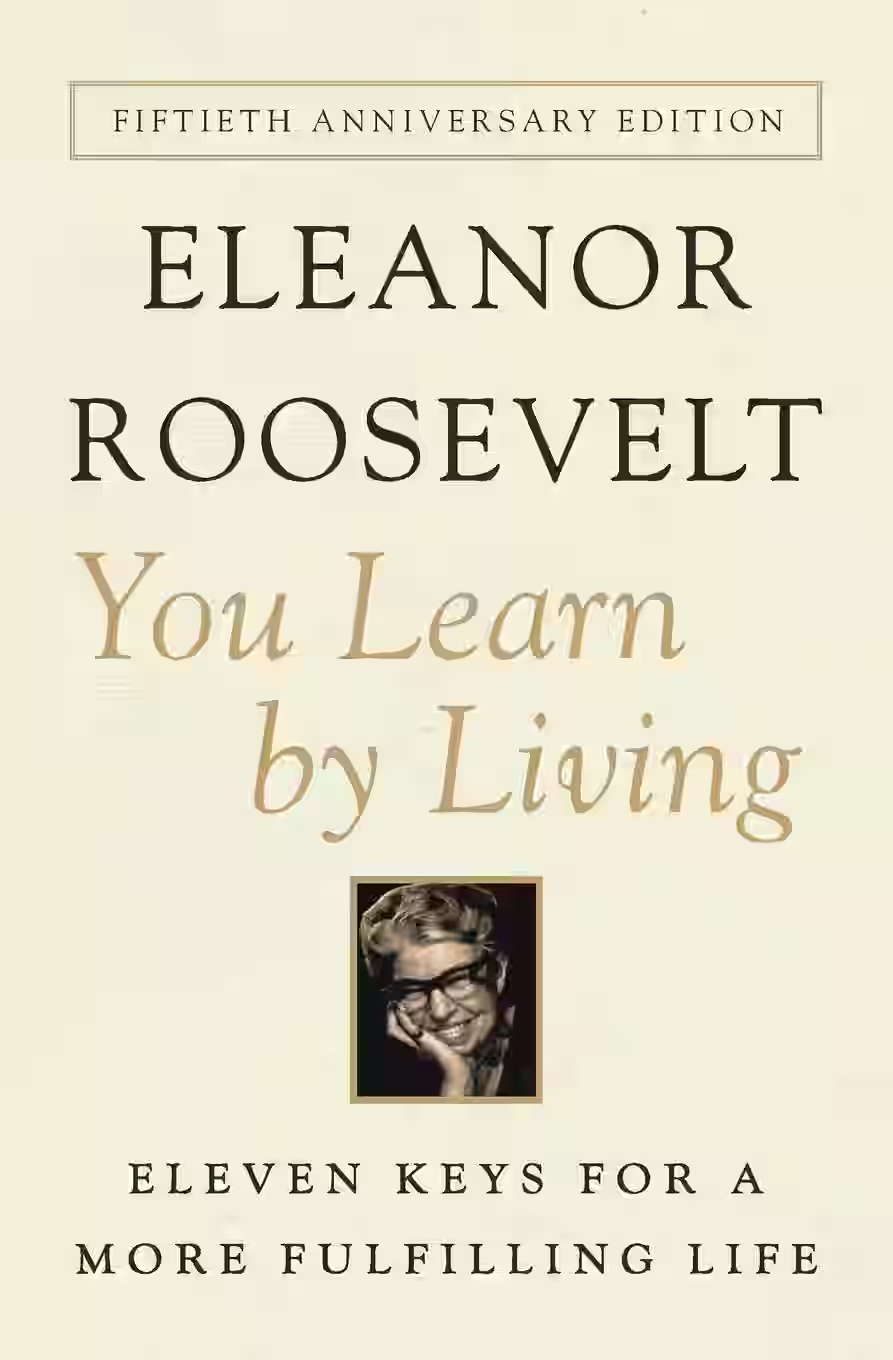
In 'You Learn by Living,' Eleanor Roosevelt shares timeless wisdom that stems from her varied life experiences as First Lady, a humanitarian, and an advocate for social change. The book is structured as a series of poignant essays offering guidance on living a full, meaningful life and tackling common life's challenges with grace and courage. Roosevelt emphasizes themes of self-improvement, embracing fears, and engaging with community as pathways to personal growth. Through her insightful prose, she encourages readers to live authentically and foster resilience. Her reflections remain remarkably relevant, inspiring generations to pursue lives of purpose and integrity.
About Eleanor Roosevelt
Eleanor Roosevelt, an iconic figure of the 20th century, was not only a formidable political force but also a prolific author and an influential voice in literature. Born on October 11, 1884, in New York City, she transformed her role as the First Lady of the United States into a platform for social change and advocacy. Her literary contributions include 'My Day,' a syndicated newspaper column she wrote from 1935 to 1962, and numerous books such as 'This is My Story' and 'You Learn by Living.' Through her writings, Roosevelt offered profound insights into human rights, democracy, and social justice, leaving an indelible mark on American literature. Her ability to address complex issues with clarity and empathy has inspired countless readers and remains integral to historical and literary discourses.
Similar Books
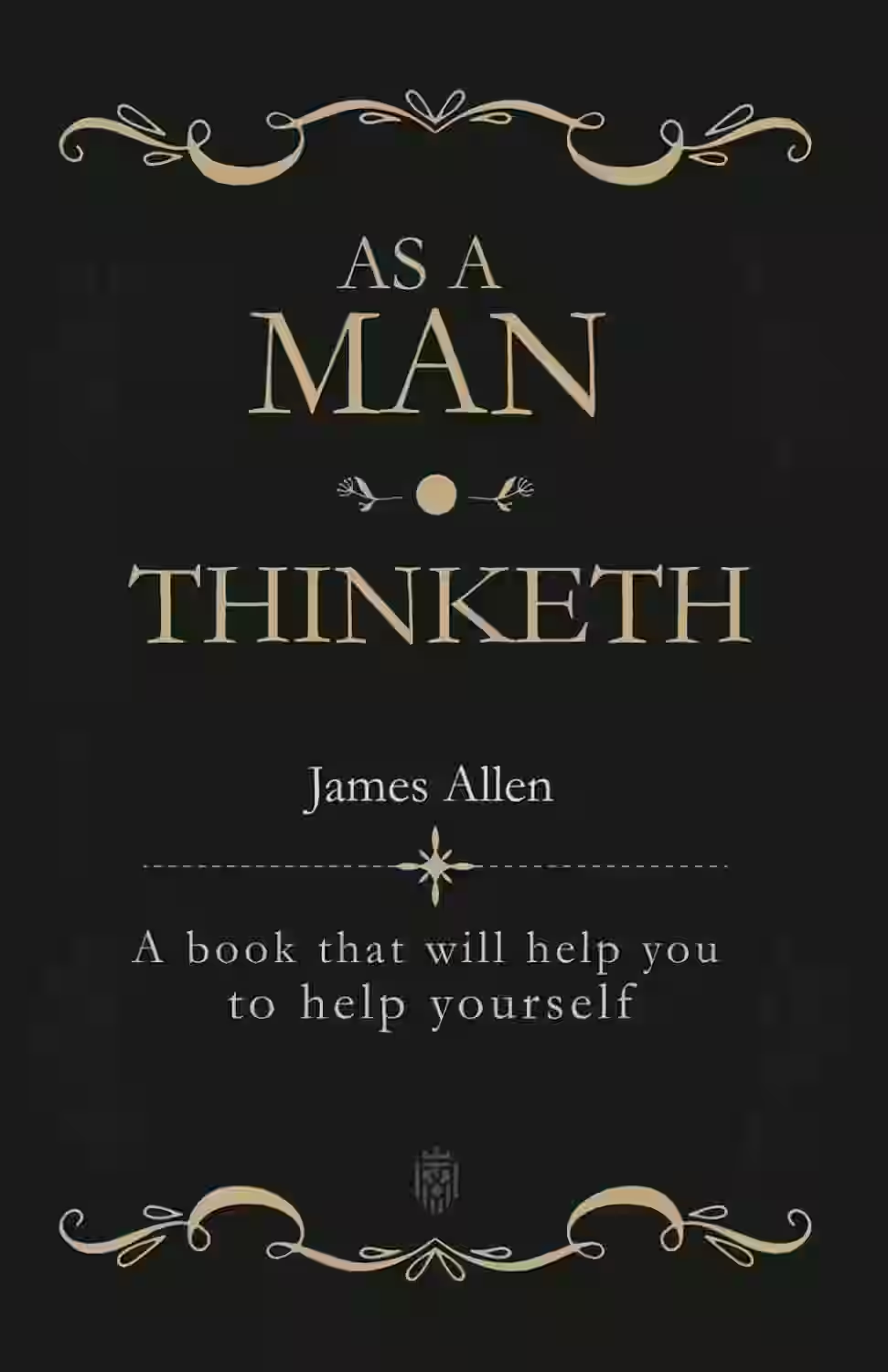
As a Man Thinketh
by James Allen
In 'As a Man Thinketh' by James Allen, the author explores the power of our thoughts and the impact they have on shaping our lives. Through insightful reflections and practical wisdom, Allen emphasizes the correlation between one's mindset and their circumstances. The book underscores the notion that individuals have control over their thoughts, which in turn influence their actions and ultimately determine their destinies. Allen's timeless message serves as a beacon of inspiration, advocating for self-reflection, personal responsibility, and the cultivation of a positive mental attitude. 'As a Man Thinketh' is a profound exploration of the mind's potential and a guide to harnessing its power for personal growth and fulfillment.
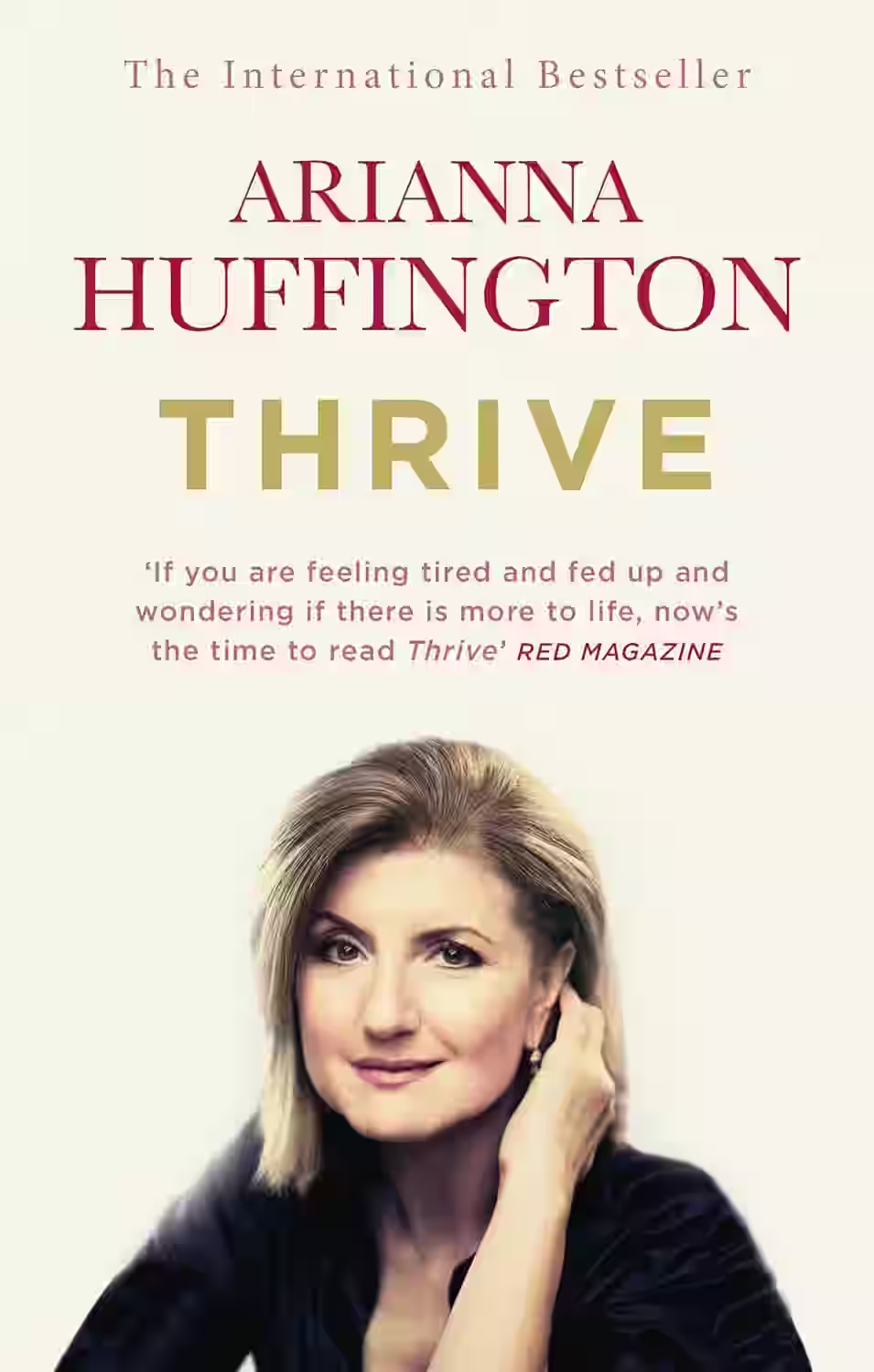
Thrive
In Thrive, Arianna Huffington redefines success beyond wealth and power, proposing a third metric rooted in well-being, wisdom, wonder, and giving. Drawing from research and her own life, she argues that burnout and stress are not badges of honor but symptoms of a misguided culture. The book explores mindfulness, sleep, gratitude, and compassion as essential to living a fulfilling life. Huffington weaves personal anecdotes with scientific insights to promote a more holistic vision of success—one that nurtures both the self and the community. Thrive serves as a call to prioritize what truly matters in a fast-paced world.
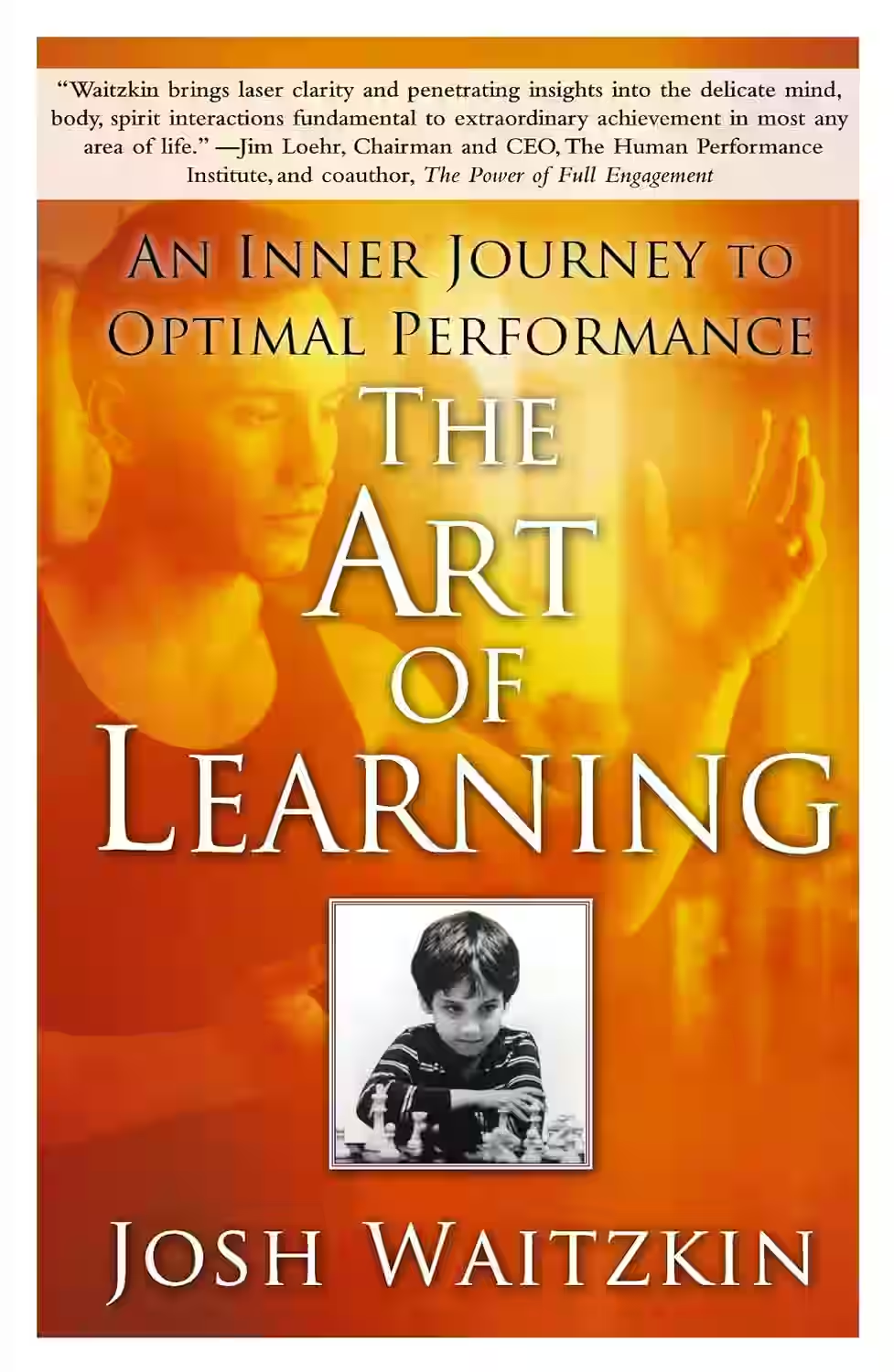
The Art of Learning
In The Art of Learning, chess prodigy and martial arts champion Josh Waitzkin shares his journey of mastering two disciplines to reveal universal principles of performance and personal growth. Blending autobiography with actionable insights, he discusses focus, resilience, and the psychology of peak performance. Waitzkin emphasizes the importance of incremental progress, embracing adversity, and turning setbacks into growth. His philosophy integrates Eastern and Western approaches to learning and competition. Whether applied to sports, business, or creative pursuits, The Art of Learning is a compelling guide to developing mastery through mindfulness, self-awareness, and continuous refinement of one’s process.
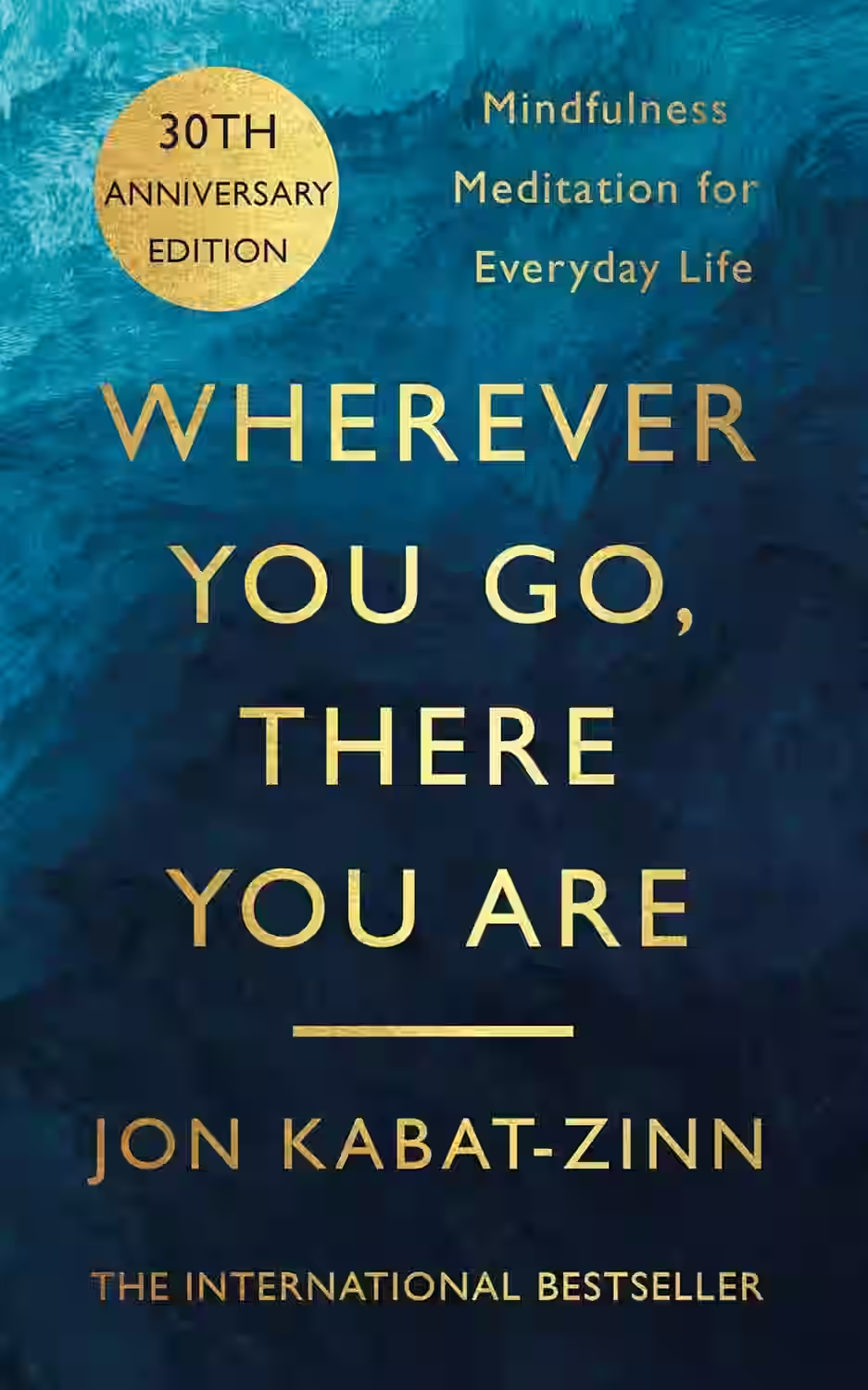
Wherever You Go, There You Are
This accessible guide by mindfulness pioneer Jon Kabat-Zinn introduces readers to the practice of meditation and its transformative effects. With gentle wisdom and simple language, he demystifies mindfulness, showing how it can be integrated into everyday activities to foster clarity, calm, and presence. Kabat-Zinn emphasizes that mindfulness is not about escaping or changing life, but embracing it fully—wherever you are. Divided into short chapters, the book is ideal for both newcomers and experienced practitioners. Its core message: peace and awareness are available in the present moment, no matter the circumstances, if we choose to be truly present.